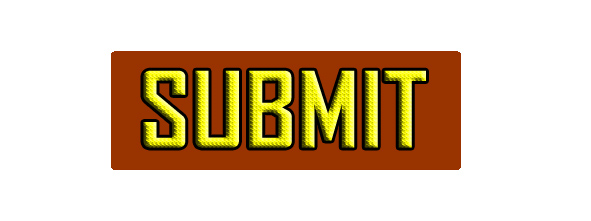Implementasi Pendidikan Anak-Anak di Desa Lenggang pada Film Laskar Pelangi
DOI:
https://doi.org/10.51178/jerh.v3i4.2896Keywords:
Education, Laskar Pelangi Film, Educational Theory, Implementation, Character, MotivationsAbstract
Education is a crucial pillar in developing the quality of human resources and shaping a nation’s progress. Yet, the condition of education in Indonesia still encounters many challenges, ranging from macro-level issues such as curriculum complexity, unequal access, high costs, and teacher competence, to micro-level problems like weak morals, poor character, and frequent cases of moral deviation. This research applies a qualitative approach through literature review and film analysis, using Laskar Pelangi as the main source to explore the application of educational theories. Findings indicate that the film portrays the determination of children in Lenggang Village to pursue education despite severe limitations. The educational practices illustrated in the film align with various theories, including behaviorism, constructivism, humanism, character education, creativity, multiple intelligences, and motivation. Teachers are shown not only as knowledge transmitters but also as mentors, role models, and motivators who nurture moral values, character, and learning enthusiasm. A paradox emerges when, on one hand, facilities and infrastructure are deemed vital for quality education, but the film demonstrates that persistence, student eagerness, and teacher dedication can compensate for such shortcomings. This highlights that educational achievement is influenced more by the integration of values, character, and motivation than by infrastructure alone. Ultimately, education that emphasizes humanistic values, moral development, and the optimization of student potential can create a generation with integrity, creativity, and resilience in facing global challenges, even though gaps between theory and practice remain.
Downloads
Published
How to Cite
Issue
Section
License
Copyright (c) 2025 Mauliza Putri Subagyo, Amaliyah, Erindah Dimisqiyani, Rizky Amalia, Gagas Gayuh Aji

This work is licensed under a Creative Commons Attribution-ShareAlike 4.0 International License.











